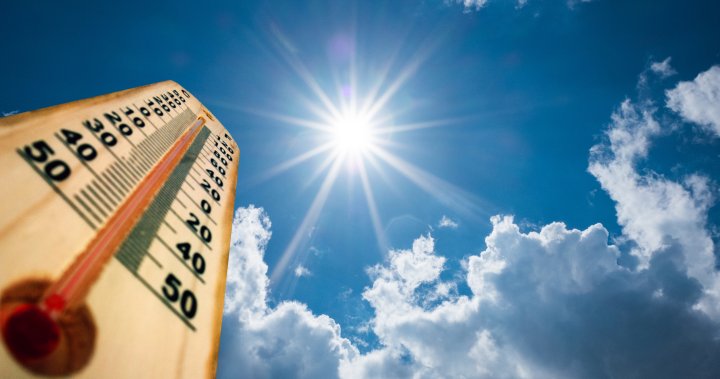
Can a drastic change in weather make you sick? What experts say
Global News
As Canadians welcome the arrival of spring, they're also experiencing a rollercoaster of weather temperatures that sees scorching heat one day and icy cold the next.
As Canadians welcome the arrival of spring, they’re also experiencing a rollercoaster of weather of scorching heat one day and icy cold the next. Experts warn this can take a toll on our physical health.
It takes around two weeks to climatize to temperature changes, so any sudden shift in weather conditions can cause discomfort, according to Louis Francescutti, an emergency physician and professor at the School of Public Health at the University of Alberta.
“It’s an old wives’ tale that the weather makes you sick. It’s not that the weather makes you sick, it’s the conditions that the weather brings about that are going to make you ill,” he said. “The body is finely tuned and likes to stay within a tight range of 37 C, and anything that changes that fine balance could predispose you to get sick.”
For example, he said a sudden drop in temperature can cause the air to become drier, which in turn weakens the mucosal lining in our respiratory tract and makes us more susceptible to infections.
Viruses also have difficulty replicating at higher temperatures, Francescutti said, so in colder weather, influenza is more likely to thrive and spread. As a result, a sudden drop in temperature may increase a person’s susceptibility to catching a cold or other respiratory infection, he said.
Changes in temperature may also cause headaches and joint pain, according to several studies.
For example, a 2015 study found that weather conditions such as temperature, humidity, and barometric pressure were significantly associated with joint pain in older people with osteoarthritis. And a 2019 study with over 13,000 participants, found that “higher relative humidity and wind speed, and lower atmospheric pressure, were associated with increased pain severity in people with long-term pain conditions.”
There are also studies examining the relationship between weather changes and headaches, Francescutti said.












